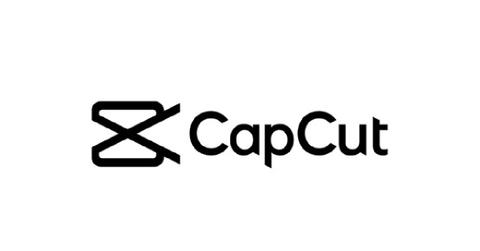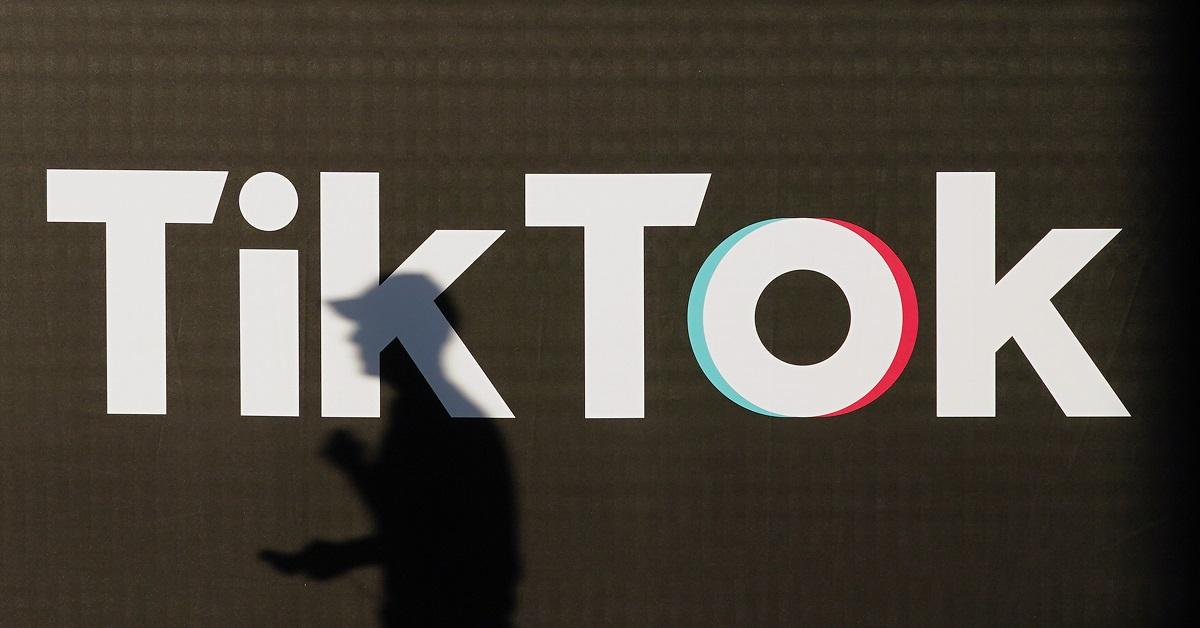CapCut Allows Users to Edit Video on the Go, but Who Actually Owns the App?
Published March 8 2021, 1:03 p.m. ET

As TikTok continues to dominate social media, there are now apps that exist entirely to fuel your TikTok obsession. CapCut is one of the most popular and is designed to allow TikTok users to quickly edit their videos before uploading them to the platform. The app is great for editing videos outside of TikTok, but it has become best known for its association with the hugely popular social media site. Now, some users want to know whether CapCut is owned by TikTok.
Does TikTok own CapCut?
ByteDance, the parent company of TikTok, didn't originally own TikTok. Instead, they launched their own video editing app called Jianying. Eventually, a version of the app was launched in other markets called the Viamaker. The Viamaker was created by Shenzhen Lianmeng Technology. In 2018, Bytedance bought the Viamaker for a reported $300 million.

In December of 2020, they rebranded the app as CapCut, and it has been the same ever since. Now, TikTok users can both edit and post their videos using apps from ByteDance. While TikTok does not technically own CapCut, the two companies share a parent company and are therefore closely affiliated with one another. By investing in CapCut, ByteDance has revealed how much of a stake they have in TikTok's continued success.
What is CapCut?
CapCut is a free video editing app that helps to make all the videos you film on your phone look more professional. It's fairly intuitive to use and allows you to cut, change the speed, reverse, add music, add stickers, add text, and incorporate plenty of other effects. Although the app is free, it's fairly all-encompassing for most of what an average TikTok user might need.
ByteDance is going to launch more apps.
In the wake of TikTok's enormous success, ByteDance is trying to prove that it can continue to launch successful apps. Their latest project reportedly involves launching an app that functions like Clubhouse for the Chinese market after the popular audio-sharing app was banned in China in early February.
The app was banned in large part because it was being used to carry out conversations about sensitive topics like Hong Kong independence and Xinjiang detention camps. In the wake of the ban, more than a dozen copycat apps have been launched in China to try and replace the service that Clubhouse was offering its users in the country.
Reuters reports that Chinese versions of Clubhouse that mimic the app's audio chat features are also likely to take on many of the characteristics common to Chinese apps. That includes censorship and oversight by the Chinese government. As ByteDance continues to advance its own goals as a company, it seems that CapCut and TikTok aren't the only places where it would like to be successful.
Although TikTok remains one of the great success stories of social media in recent years, the emergence of apps like Clubhouse proves how fleeting dominance can be in this space. In order to stay on top, constant innovation is necessary.